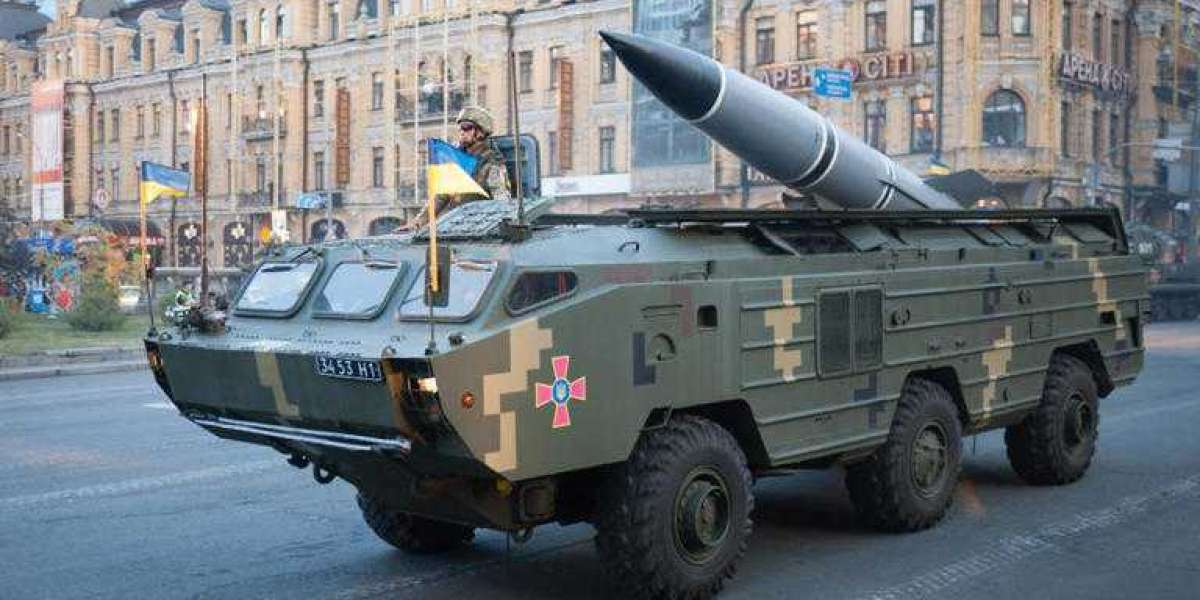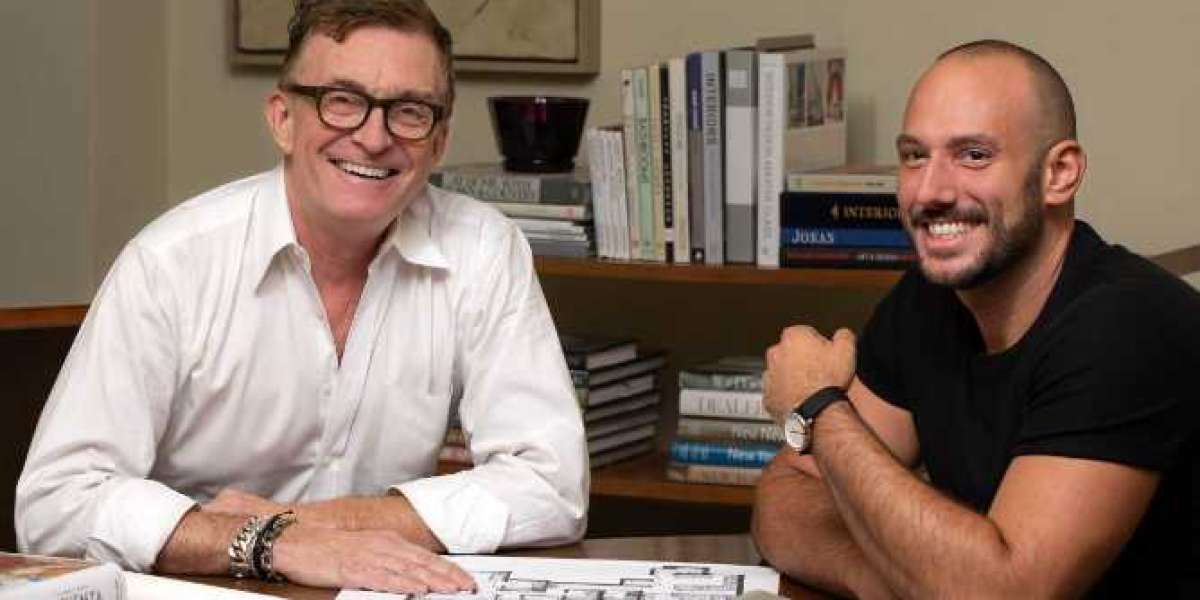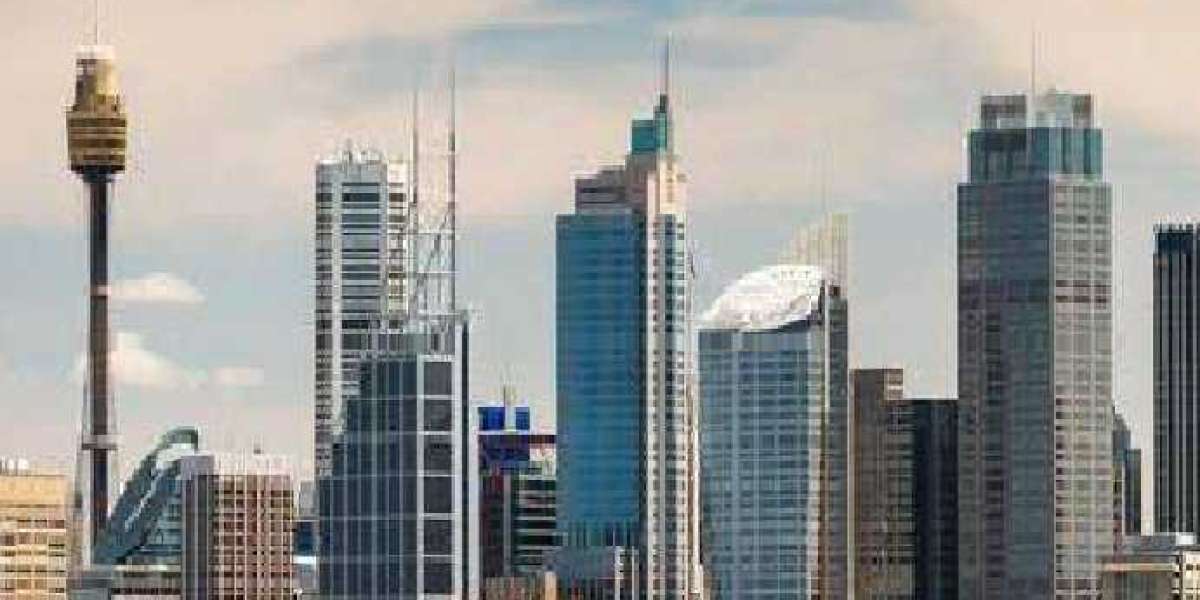“The risk is serious, real. It should not be underestimated,” Russian Foreign Minister Sergei Lavrov said in a Russian state-television interview broadcast Monday night. “Under no circumstances should a third world war be allowed to happen,” he said, adding that “there can be no winners in a nuclear war.”
Mr. Lavrov said the West was increasing the risk of a bigger conflict by providing arms to Ukraine: “NATO is, in essence, going to war with Russia through a proxy and arming that proxy.”
U.S. Defense Secretary Lloyd Austin, speaking to reporters at Ramstein Air Base in Germany on Tuesday, said “any bluster about the possible use of nuclear weapons is dangerous and unhelpful.”
Mr. Austin met with defense officials from more than 40 countries in Germany on Tuesday and said that the U.S. and its allies would continue to meet Ukraine’s needs, adding that the stakes of the conflict “reach beyond Ukraine and even Europe.”
The comments from top U.S. and Russian officials highlight how both countries see the ramifications from the war in Ukraine extending into a broader confrontation between Russia and the West.
Russian President Vladimir Putin has repeatedly raised the specter of nuclear war, invoking his country’s atomic arsenal in an effort to deter the U.S. and the North Atlantic Treaty Organization from getting involved in the conflict.
The West, meanwhile, has accelerated efforts to bolster Ukraine with fresh supplies of weapons and ammunition in a bid to thwart Russia, but the U.S. and NATO have said they won’t deploy troops into direct combat.
Russia’s attempt to oust Ukraine’s elected government through a rapid military invasion at the end of February failed, and Moscow is now focusing on trying to seize territory in Ukraine’s east with the help of mass artillery and aerial bombardments. Russian units were pushing southwest from the city of Izyum and attacking the village of Barvinskove, the General Staff of Ukraine’s Armed Forces said Tuesday.
On Tuesday, Germany said it would refurbish and send to Ukraine decommissioned antiaircraft cannon tanks known as Flakpanzer Gepard, or Cheetah, ending its longstanding reluctance to give tanks to the country. Germany will provide about 50 of the German-made self-propelled guns, marking a major delivery of non-Soviet weapons systems by a Western country to Ukraine, two government officials said.
German Chancellor Olaf Scholz last week said his government was treading carefully to avoid a nuclear war.
The U.K. signaled a more aggressive stance toward Russia on Tuesday when a junior U.K. defense minister, James Heappey, said it was “completely legitimate” for Ukraine to use Western weapons to hit logistics and supply lines in Russia.
For months, the U.K. has provided weapons on the proviso that they are used to defend Ukraine from Russian attack rather than offensively.
“Things that the international community are now providing to Ukraine have the range to be used over the borders,” Mr. Heappey, who is U.K. minister for the armed forces, told Times Radio on Tuesday. “That is not necessarily a problem.”
Mr. Austin said Ukraine has received more than $5 billion of equipment to defend against Russian forces, including two U.S. packages of military aid worth $800 million each.
President Biden has said the administration would soon submit a request to Congress for more funding for Ukraine.
Secretary of State Antony Blinken testified Tuesday on the administration’s budget blueprint and told senators that “fully funding it is critical, in my judgment, to ensuring that Russia’s war in Ukraine is a strategic failure for the Kremlin and serves as a powerful lesson to those who might consider following its path.”
A day earlier, Mr. Austin said that the U.S. aims to see Russia’s military capabilities degraded and Ukraine’s strengthened to prevent Moscow from attempting to conquer territory by force in the future.
“We want to see Russia weakened to the degree that it can’t do the kinds of things that it has done in invading Ukraine,” Mr. Austin said after he and Mr. Blinken became the highest-level U.S. officials to visit the Ukrainian capital of Kyiv since Russia invaded Ukraine on Feb. 24.
Mr. Austin’s Tuesday meeting with defense ministers at Ramstein Air Base included Ukraine’s Oleksii Reznikov, and NATO Secretary-General Jens Stoltenberg. The topics on the agenda included updating the officials about the latest intelligence from the battlefield in Ukraine, security assistance to Kyiv and strengthening NATO’s defense-industrial base in the long term to support Ukraine’s defense, a defense official said.
Speaking after the conference, Mr. Austin said that U.S. and European officials attending agreed to meet monthly, either virtually or in person, to discuss ways to support Ukraine.
Russia, meanwhile, said it would halt gas flows to Poland and Bulgaria starting Wednesday, the first time Moscow has followed through on a threat to cut off countries that don’t pay for their gas on new, wartime terms.
On the diplomatic front, United Nations Secretary-General António Guterres met with Messrs. Putin and Lavrov in Moscow on Tuesday. After the meeting, Mr. Lavrov blamed the war on NATO’s expansion and said the West was attempting to create an alternative global governance outside the U.N.
Mr. Guterres called for group-led humanitarian corridors, particularly in the southern Ukrainian port city of Mariupol, and for a swift end to the war. Mr. Putin denied that there were problems with civilian evacuations, according to state-run news agency Ria Novosti. The U.N.’s refugee agency now estimates that 8.3 million people will flee Ukraine by year’s end, up from its forecasts in early March.
Mr. Guterres is scheduled to meet with Ukrainian President Volodymyr Zelensky in Kyiv on Thursday.
In a telephone call Tuesday with Turkish President Recep Tayyip Erdogan, Mr. Putin said the last remaining Ukrainian troops in Mariupol would be spared and offered medical attention if they surrendered to the Russian occupying forces, the Kremlin said. Ukrainian officials have claimed that there are up to 2,000 Ukrainian fighters and over 1,000 civilians holed up in the Azovstal steel complex.
Ukrainian soldiers are distrustful of such offers since Russian troops opened fire on Ukrainian troops withdrawing from a surrounded city in Ukraine’s east in 2014 under a negotiated agreement, killing more than 100.
Mr. Putin told Mr. Erdogan that Mariupol, which has suffered immense death and destruction after two months of Russian shelling, was now entirely under Russian control, the Kremlin said.
In his Monday night interview, Mr. Lavrov said there has been no progress in peace negotiations with Kyiv, but that the conflict would end in a treaty that would depend on the situation on the ground. A senior U.S. official said Monday the U.S. aimed to ensure that Ukraine “has the strongest possible hand” in any such peace negotiations.
Russia has removed some of its forces from around cities in northern Ukraine and focused instead on the eastern Donbas region, in a high-stakes conflict on wide-open terrain.
As Mr. Putin’s army has faced fierce resistance from Ukrainian forces strengthened by large infusions of Western weaponry, concerns have grown in Washington and allied capitals that Russia could consider using a so-called tactical nuclear weapon to gain the upper hand on the battlefield.
Earlier this month, Russia further warned that it could station nuclear forces in and around Kaliningrad—a Russian exclave wedged between Lithuania and Poland—and bolster its military presence there if Finland and Sweden join the NATO alliance.
Finland and Sweden are considering joining NATO and will make a decision in the coming weeks. Both countries have a long tradition of military neutrality, but the Russian invasion has tilted public opinion and the political consensus in both countries toward seeking membership in the U.S.-led alliance.
Write to Joseph Lasante








